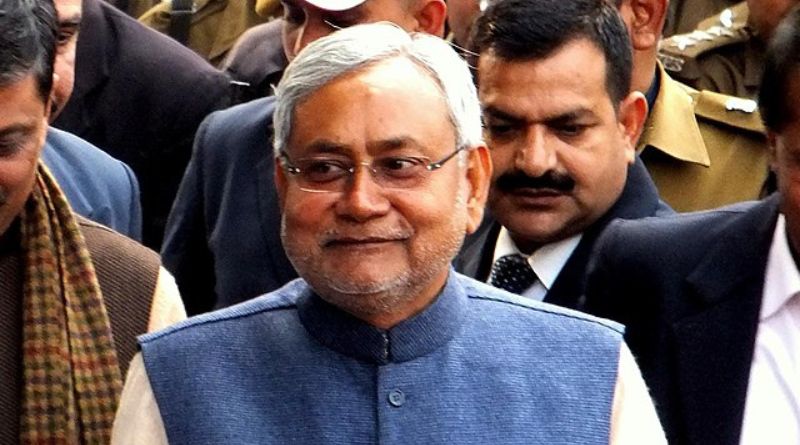
In a surprising turn of events, Bihar Chief Minister Nitish Kumar announced his resignation on Sunday, dealing a significant blow to the existing coalition government with the Rashtriya Janata Dal (RJD). Kumar, a seasoned politician, is set to realign with the Bharatiya Janata Party (BJP) to secure his position for the ninth term in office.
Resignation and Realignment
Nitish Kumar, addressing the media in Patna, disclosed his decision to step down and dissolve the current government, citing internal issues within the coalition. He expressed, “This situation came because not everything was alright… You all were also trying to find out from me about it, but I kept silent on it. I was getting views from my party, everyone. Today, the Government has been dissolved.”
Sworn In Again
Sources from the Janata Dal United (JDU) indicated that Kumar is poised to be sworn in again as the Chief Minister later in the evening. The ceremony is expected to be attended by BJP President JP Nadda and Union Home Minister Amit Shah, symbolizing the shift of power dynamics in Bihar.
BJP’s Support
Simultaneously, the BJP legislative party convened to pass a unanimous resolution supporting the JDU in forming the new government. BJP National General Secretary Vinod Tawde emphasized, “…All MLAs unanimously passed the proposal to form the NDA government in Bihar with BJP, JD(U), and other NDA allies for the welfare of the people in the state.”
Leadership Changes
As part of the realignment, Samrat Chaudhary has been elected as the Leader of the legislative party, with Vijay Sinha as the Deputy Leader. This move underscores the strategic collaboration between the JDU and BJP, marking a departure from their previous differences.
Political Repercussions
The abrupt shift has not gone unnoticed by other political players. The Congress and RJD expressed their disappointment, with Mallikarjun Kharge stating, “Bihar Deputy CM (Tejashwi Yadav) and Lalu Prasad Yadav (RJD president) had hinted regarding this, and today it became true.” The move is also seen as a setback to the larger opposition unity, as the INDIA bloc grapples with internal challenges.
Nitish Kumar’s History of Political Maneuvers
This isn’t the first time Nitish Kumar has navigated a political realignment. In June 2013, he severed ties with the BJP on secular grounds, opposing the then Gujarat CM Narendra Modi’s elevation as the PM face ahead of the subsequent general elections.
The Public Verdict
RJD leader Mrityunjay Tiwari commented on Kumar’s decision, saying, “What was left with him? The public is the master. It watches everything and will demand an account for everything.”
In conclusion, Bihar witnesses a significant political shake-up with Nitish Kumar’s resignation and subsequent alignment with the BJP, reshaping the state’s political landscape. The repercussions of this move will undoubtedly reverberate in the coming days, impacting the dynamics of both state and national politics.



